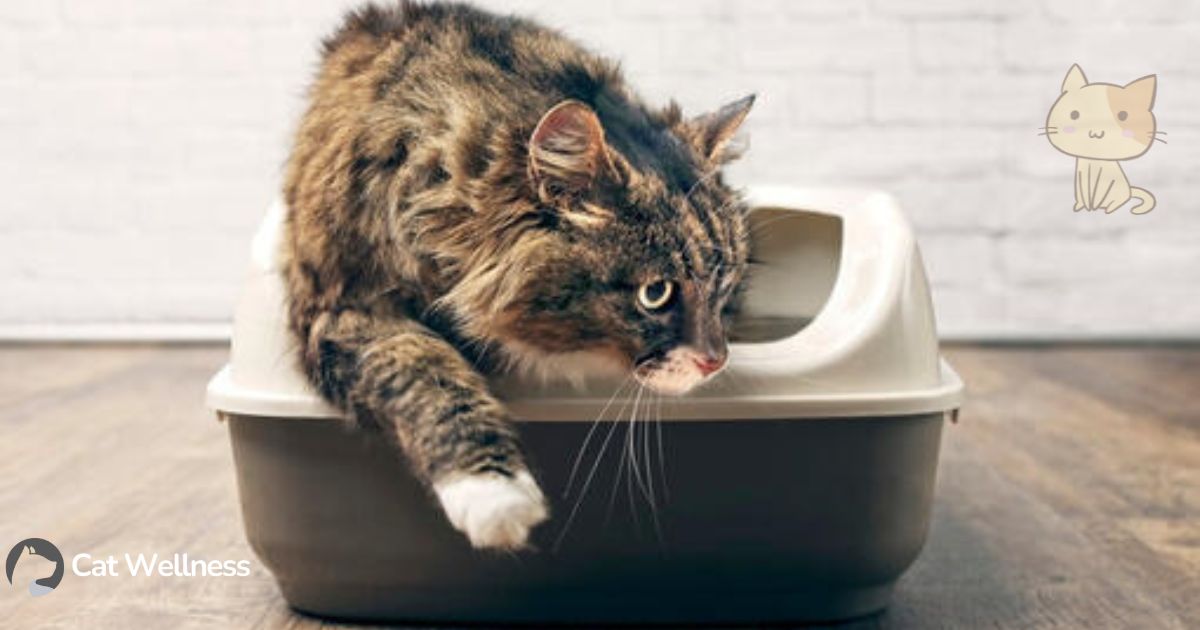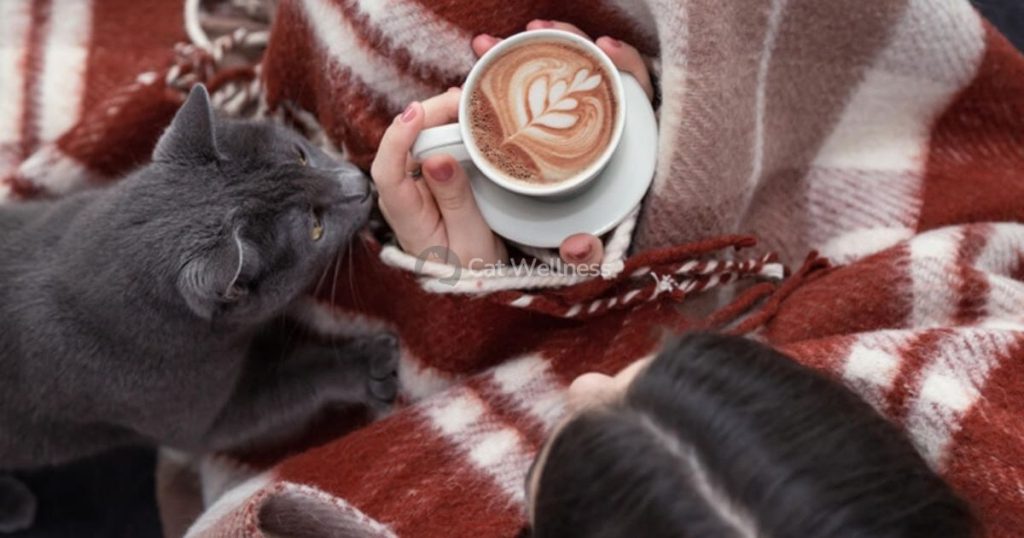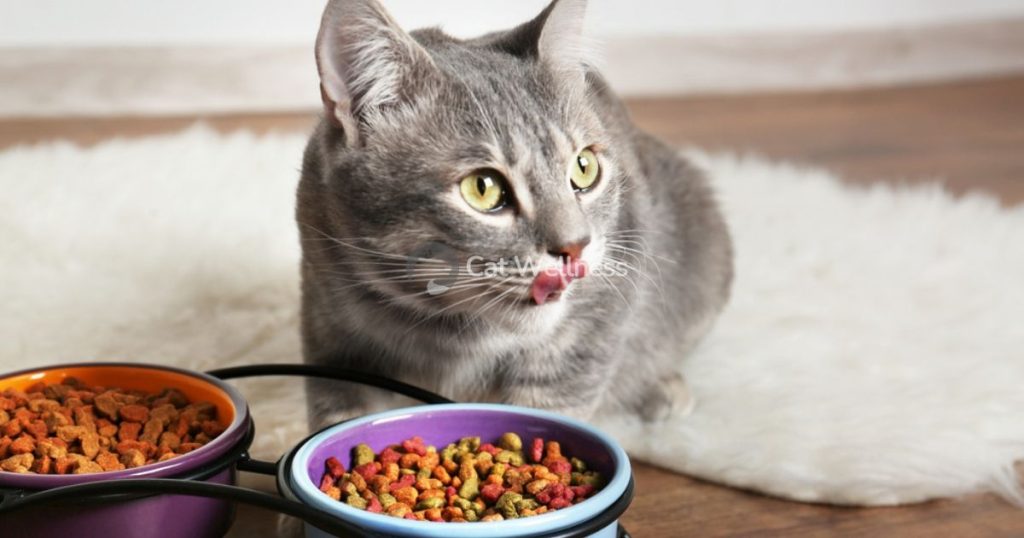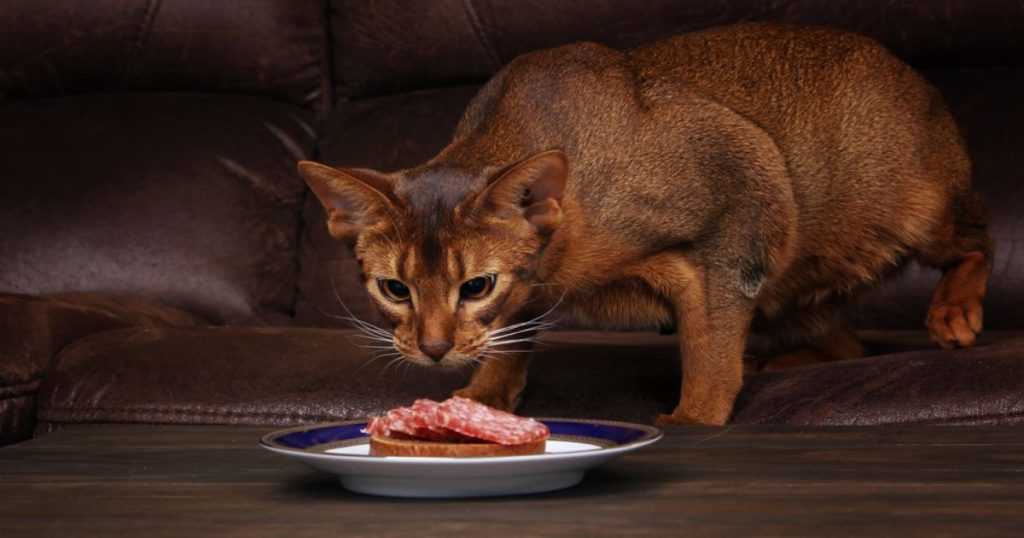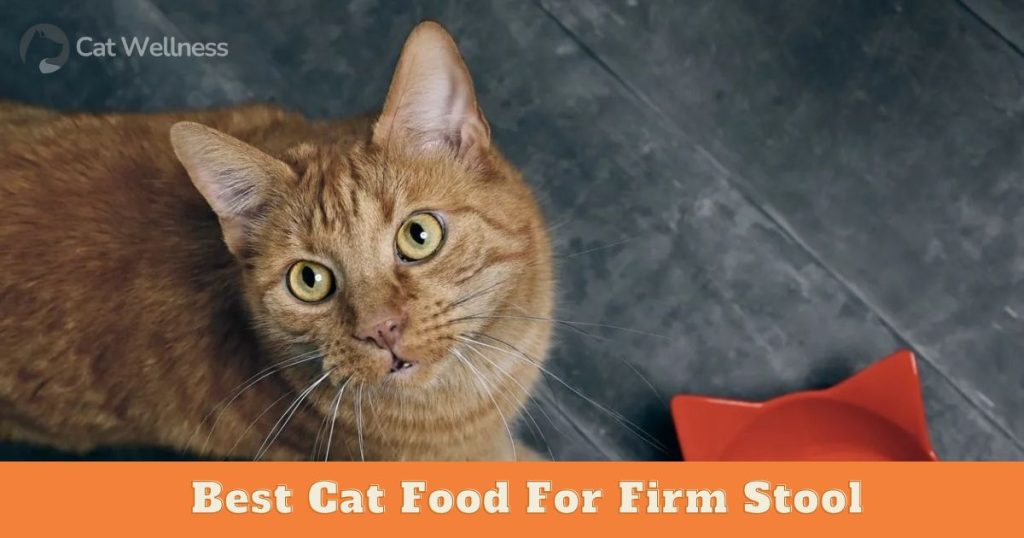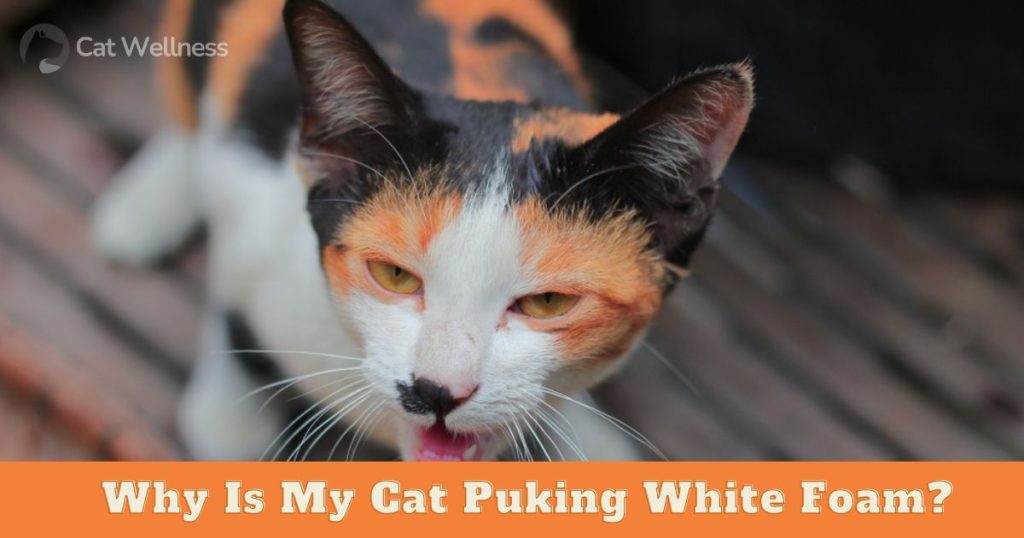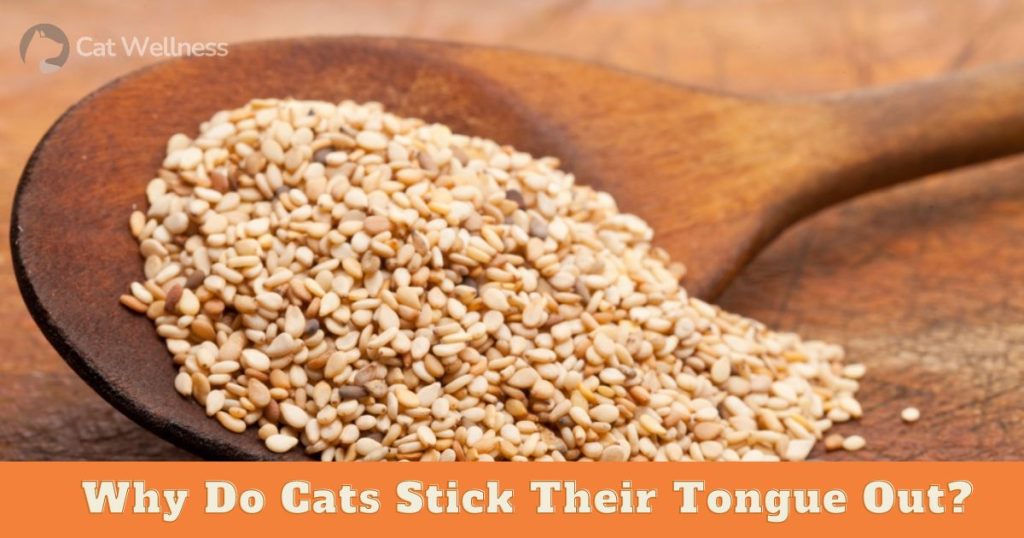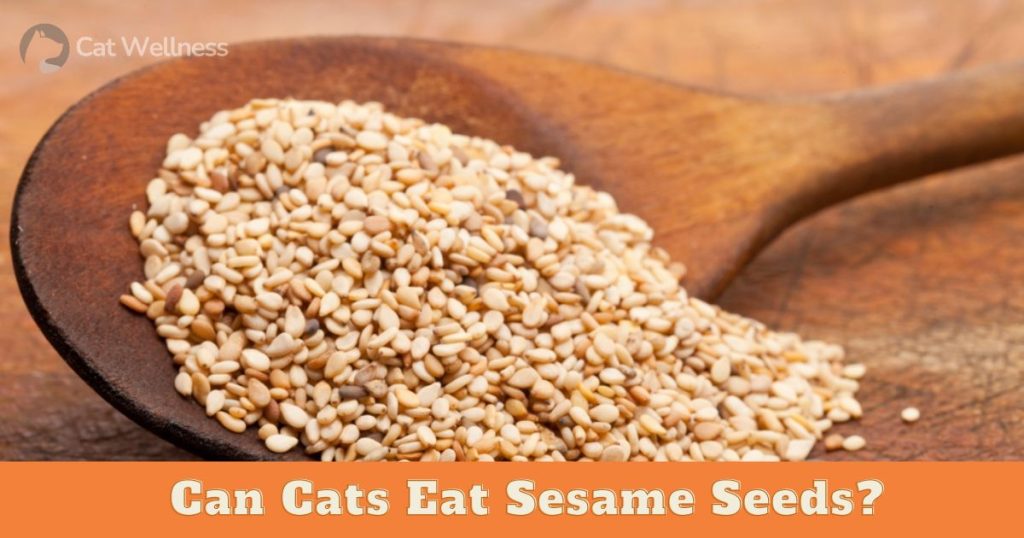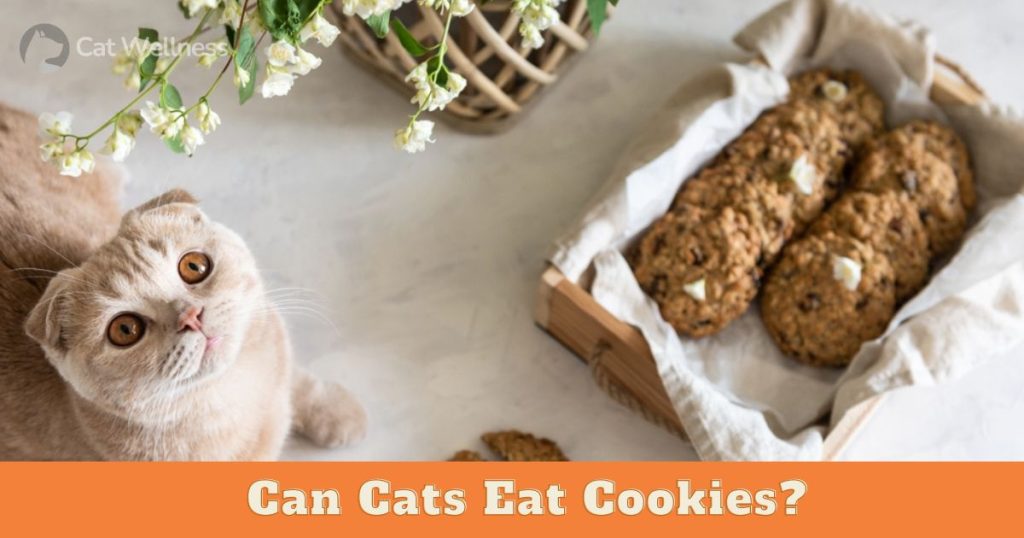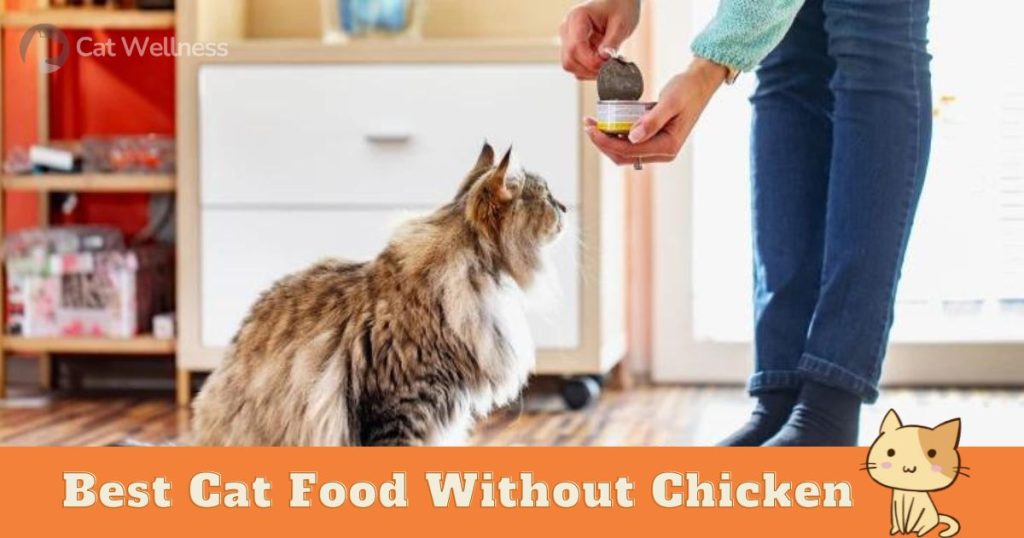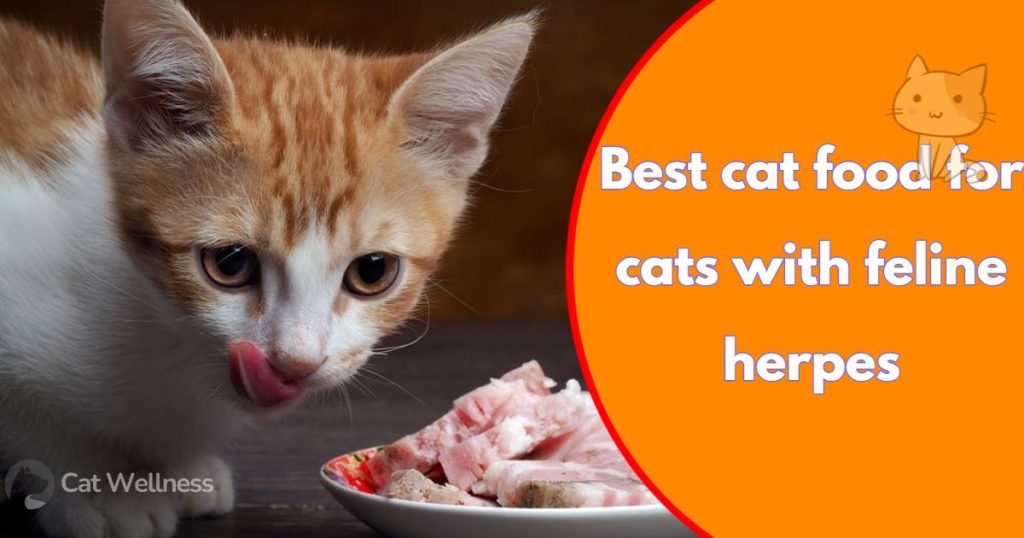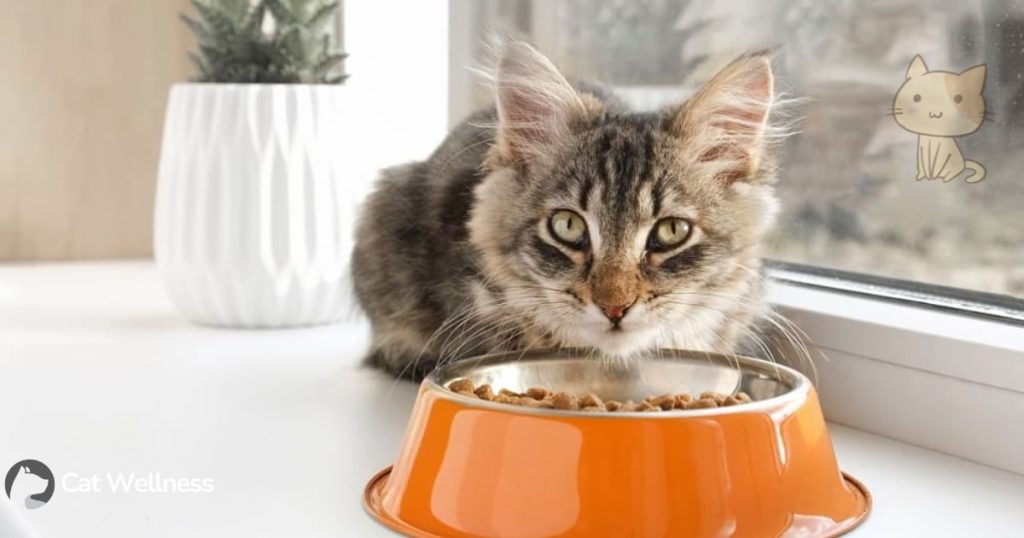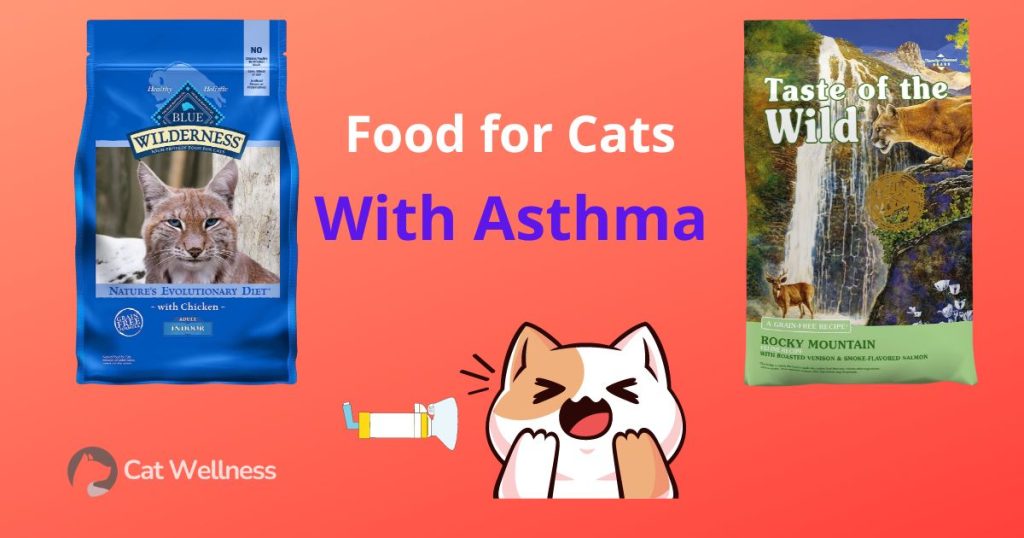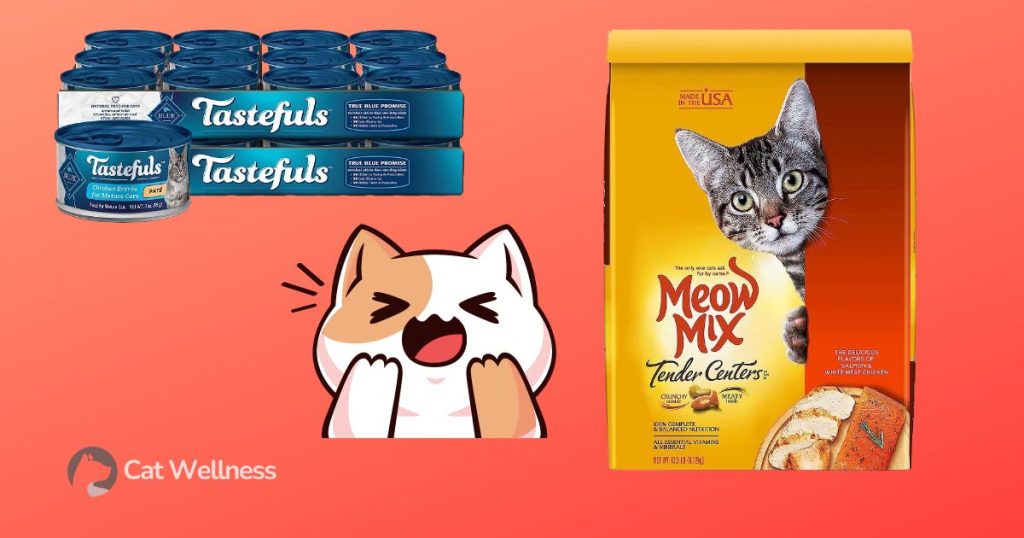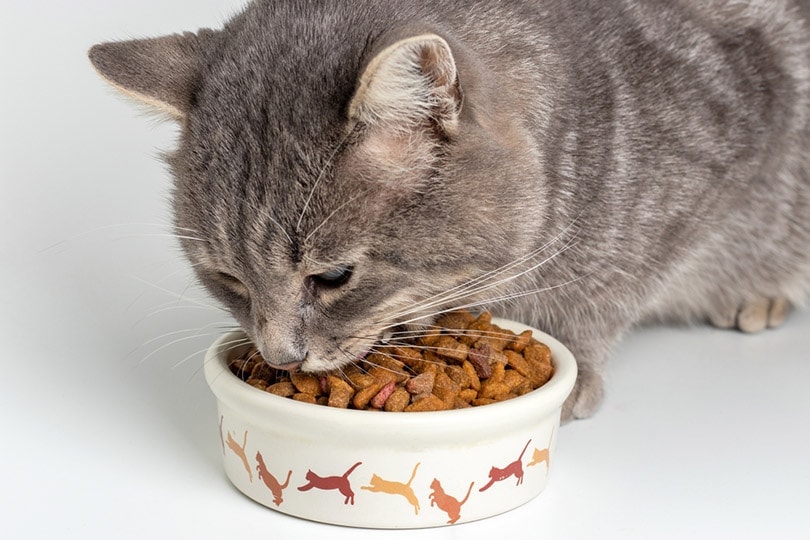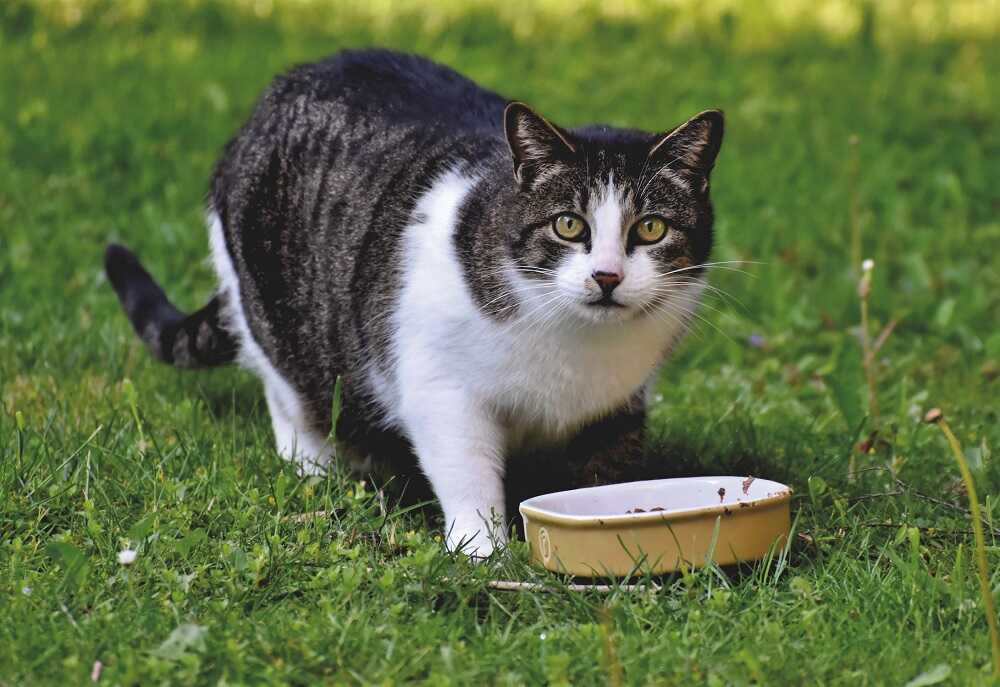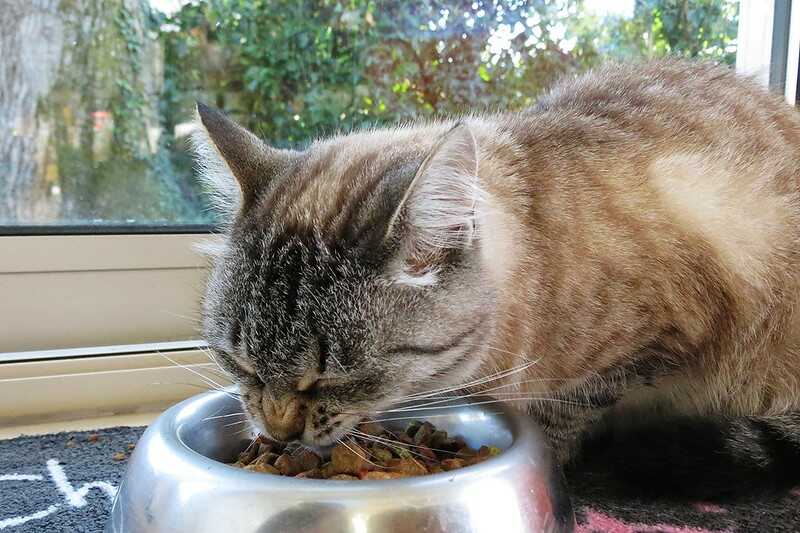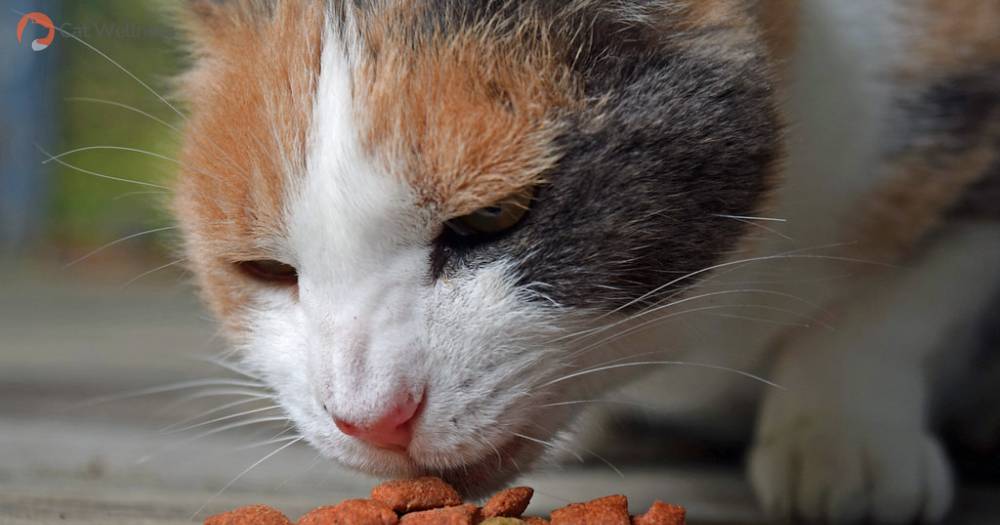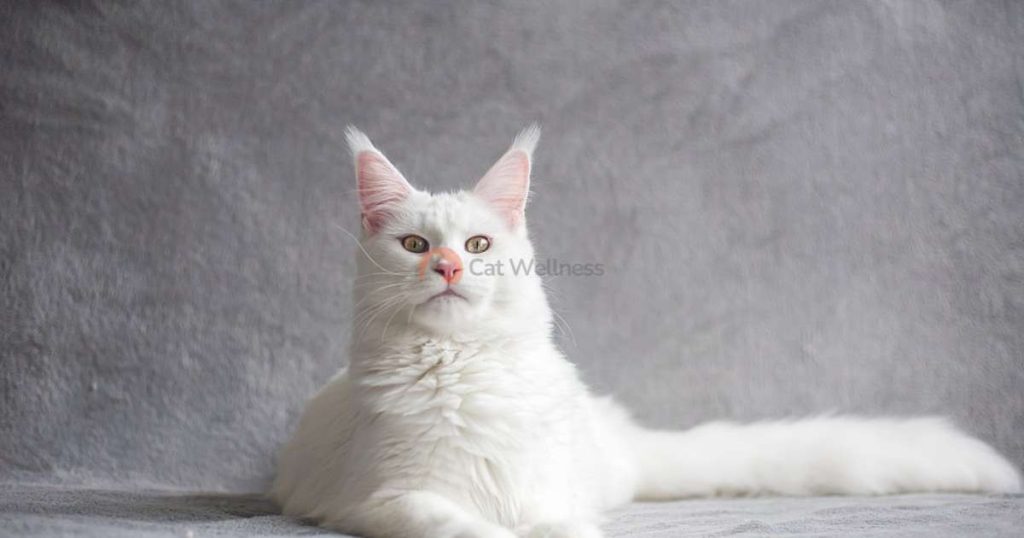Unsettled stomachs and diarrhea in our favorite felines can quickly turn a peaceful home into a messy debacle. Did you know that the type of food your cat consumes, particularly wet foods, may contribute to these unpleasant episodes?
Generally, wet food can cause diarrhea in cats due to low-quality or spoiled wet food, excessive consumption of high-fat and high-protein wet food, and specific ingredients that may not agree with a cat’s digestive system.
This article provides essential insights into how certain types of wet food can lead to cat diarrhea and what you can do about it.
Diarrhea in Cats
Cat diarrhea indicates a disruption in the digestive system, often resulting from low-quality or spoiled food consumption. Specifically, this gastrointestinal upset in cats may be due to hard-to-digest ingredients in substandard food products.
Diarrhea can range from mild and short-term to severe and chronic depending on the cause, with symptoms including loose or watery stools, appetite changes, dehydration, and lethargy.
Does Wet Food Cause Diarrhea in Cats?
Wet cat food has become increasingly popular among cat owners because it is perceived to offer a more natural, nutritious and edible option for cats.
While it is possible for some cats to experience diarrhea after consuming wet food, this is not a common occurrence. It can be other caused by various factors:
- Environmental changes or stress;
- Antibiotics or other medications;
- Bacterial or viral infections;
- Parasites;
- Food allergies and sensitivities;
- Inflammatory Bowel Disease (IBD);
- Liver disease;
- Pancreatitis;
- Hyperthyroidism;
- Cancer.
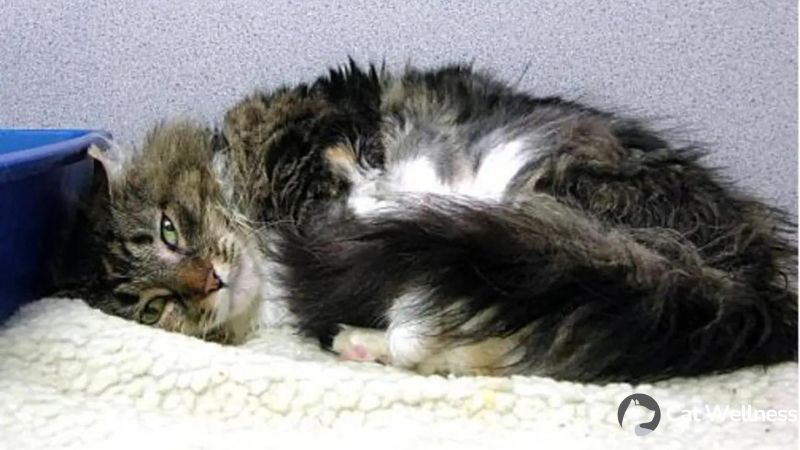
Related Post: What To Feed A Cat With Diarrhea?
Feeding your feline friend low-quality wet food can potentially harm their digestion and result in diarrhea. The quality of the meat used in cat food plays a significant role, particularly if it’s inexpensive or spoiled.
Some manufacturers might add fillers or use less safe ingredients to cut costs, which may lead to digestive issues in cats including upset stomach and diarrhea.
Moreover, the storage of wet food could also contribute to these symptoms. Wet cat food stored improperly or beyond its expiration date breeds bacteria rapidly and becomes spoiled, thus being harsh on your pet’s digestive system when consumed.
Feeding too much high-fat, high-protein wet food can lead to gastrointestinal upset and diarrhea. The rich nature of these foods often overwhelms a cat’s digestive system, resulting in soft stool or even chronic diarrhea.
Cutting back on the serving sizes and opting for low-carb wet cat food may provide relief. Furthermore, gradually introducing new high-protein diets can help prevent the onset of these symptoms.
Ingredients to Avoid
As a cat owner, it’s crucial to know that certain ingredients in wet cat food can lead to diarrhea in felines.
To ensure your furry companion’s health, it’s best to avoid such ingredients when selecting their food. Here are some examples of ingredients to avoid:
- Artificial additives: Artificial colors, flavors, and preservatives can irritate the digestive system and lead to diarrhea in cats.
- Grains: Cats are obligate carnivores and do not digest grains well. Grain fillers such as corn, wheat, and soy can cause gastrointestinal upset and loose stools.
- Carrageenan: This common ingredient in many wet cat foods has been linked to cat digestive issues, including diarrhea.
- Meat by-products: Low-quality meat by-products used in some wet cat foods may contain indigestible parts that can cause stomach upset and diarrhea.
- Dairy products: Cats are lactose intolerant, meaning they lack the enzyme to properly digest lactose in dairy products like milk or cheese. Consuming dairy can lead to digestive upset and diarrhea.
- High levels of fat: Excessive amounts of fat in wet cat food can overload a cat’s digestive system, resulting in diarrhea.
- Offal organs: Some offal organs like the liver or kidney can cause loose stools if fed excessively due to their high nutrient content.
Benefits of a Wet Food Diet for Cats
A wet food diet provides numerous benefits for cats, including increased hydration, improved digestion, and various options to satisfy them. Learn more about how wet food can benefit your cat’s overall health here.
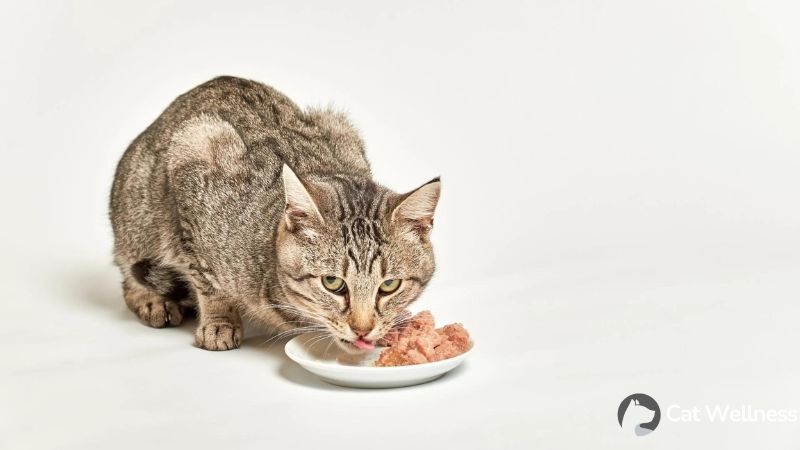
Increased Hydration
Cats are notoriously bad at drinking enough water, leading to dehydration and various health issues. One of the key benefits of incorporating wet food into a cat’s diet is increased hydration.
Wet food has a high moisture content, keeping your furry friend well-hydrated throughout the day. This extra moisture helps support kidney function and prevents urinary tract problems like crystals or stones.
Improved Digestion
A wet food diet for cats can significantly improve their digestion. The high moisture content in wet food helps to keep the digestive system hydrated, ensuring smooth and efficient movement of food through the stomach and intestines.
Additionally, the protein and fat in wet food are highly digestible by cats, allowing them to absorb essential nutrients more efficiently. This promotes a healthy gastrointestinal microbiome and overall digestive health for your feline companion.
Diet Variety
Feeding your cat a varied diet is vital to keeping them happy and healthy. Wet food offers a great way to introduce variety into their meals, as it comes in different flavors and textures.
This variety keeps mealtime interesting for your feline friend and provides them with a range of nutrients they need for optimal health.
What do I Feed a Cat with Diarrhea?
- Feed your cat a bland diet of cooked, lean meats such as chicken or turkey.
- Avoid feeding your cat any dairy products, as they can worsen diarrhea.
- Incorporate small amounts of plain, cooked rice or boiled potatoes into the diet to help firm up stools.
- Offer easily digestible foods such as boiled eggs or canned pumpkin (without added spices) to relieve your cat’s upset stomach.
- Ensure your cat has access to fresh water at all times to prevent dehydration.
Related Post: What Home Remedy Can I Give My Cat For Diarrhea?
Preventing Diarrhea in Cats on a Wet Food Diet
Prevent diarrhea in cats on a wet food diet by carefully monitoring portion sizes, scheduling regular vet check-ups, handling and storing wet food properly, encouraging hydration, and avoiding high-fat, high-protein wet food.
In this video below, Dr. Sarah Wooten, DVM, CVJ explains the causes, symptoms, and treatment of this condition. Watch on to learn the details:
Monitor Portion Sizes
Proper portion control is crucial for maintaining digestive health in cats on a wet food diet. Here are some tips to help you monitor portion sizes:
- Use a measuring cup: Measure the appropriate amount of wet food according to your cat’s age, weight, and activity level. This will ensure they receive the right amount of nutrients without overeating.
- Follow feeding guidelines: Check the packaging or consult your veterinarian for recommended serving sizes based on your cat’s needs.
- Divide meals into smaller portions: Instead of feeding one large meal, split your cat’s daily intake into several smaller meals throughout the day. This helps prevent indigestion and promotes better digestion.
- Consider individual factors: Factors such as metabolism, health conditions, and age can affect their nutritional requirements.
- Watch for signs of overeating: Monitor your cat’s body condition regularly by checking if their ribs can be felt easily without being visible. If they are gaining excess weight, consider reducing the portion size accordingly.
- Avoid free-feeding: Leaving wet food out all day can lead to continuous snacking and potential weight gain. Stick to scheduled mealtimes instead.
- Seek veterinary advice: If you’re unsure about the appropriate portion sizes for your cat, consult with your veterinarian who can provide personalized recommendations based on their specific needs.
Proper Storage and Handling of Wet Food
Proper storage and handling of wet food is crucial to prevent bacterial contamination and maintain the quality of the food. Here are some key tips to follow:
- Store in a cool and dry place: Keep wet cat food in a cool area away from direct sunlight and excessive heat. High temperatures can promote the growth of bacteria and affect the quality of the food.
- Use airtight containers: Transfer any unused wet cat food into an airtight container after opening the can or pouch. This helps to maintain freshness and prevents exposure to air, which can lead to spoilage.
- Follow expiration dates: Always check the expiration date on the packaging before feeding wet cat food to your furry friend. Using expired or spoiled food can cause digestive issues, including diarrhea.
- Avoid cross-contamination: Use clean utensils or disposable scoops when serving wet cat food to prevent cross-contamination with bacteria from other surfaces. Wash your hands thoroughly before handling the food.
- Don’t leave out for too long: If your cat doesn’t finish their wet food within 30 minutes, discard any remaining portion. Leaving it out for too long can lead to bacterial growth and increase the risk of diarrhea.
Related Post: Can Changing Cat Food Cause Diarrhea?
Encourage Hydration
Proper hydration is key to maintaining a healthy digestive system in cats, especially those on a wet food diet. Wet food already contains high water content, but there are ways to promote further hydration for optimal digestion and prevent diarrhea.
Fresh water in multiple bowls throughout the house can encourage cats to drink more. Using water fountains or running faucets can also entice them to drink. Adequate hydration not only prevents constipation but also helps prevent dehydration and other associated health issues.
Avoid High-fat, High-protein Wet Food
High-fat, high-protein wet food should be avoided when feeding cats with diarrhea. Excessive fat intake from such foods can lead to digestive upset and exacerbate the symptoms of diarrhea.
Cats with diarrhea are better off consuming low-carb wet food that is easier on their stomachs and helps alleviate digestive issues.
It is essential to check the nutritional composition of wet food before purchasing, ensuring it has a balanced distribution of nutrients without an excess of fats or proteins.
FAQs
Are some Cats more Prone to Developing Diarrhea from Wet Food than others?
Yes, some cats are more sensitive to dietary changes and may be prone to diarrhea when fed wet food. Cats with digestive issues or allergies are more susceptible.
Can I Mix Wet and Dry Cat Food to Prevent Diarrhea?
Yes, mixing wet and dry cat food can benefit some cats. The combination can provide a balanced diet and might help prevent diarrhea by easing the transition between different food types.
How long does It Take for a Cat’s Stomach to Adjust to Wet Food?
Cats’ stomachs can take several days to adjust to wet food. During this transition period, you might notice changes in their stool consistency.
Can I Give My Cat Probiotics to Help with Diarrhea Caused by Wet Food?
Yes, probiotics can benefit cats experiencing diarrhea caused by wet food. Probiotics promote healthy gut flora and aid in digestion. However, consult your veterinarian before giving any supplements to your cat.
Conclusion
In conclusion, while wet food can sometimes contribute to gastrointestinal upset in cats, it does not directly cause diarrhea.
You should choose high-quality wet food with natural ingredients and avoid excessive amounts of high-fat, high-protein options to maintain a healthy digestive system for your feline companion.
Regular vet check-ups and proper storage and handling of wet food also play key roles in preventing diarrhea in cats on a wet food diet. Remember, the right balance is crucial for optimal health.
Recommended Reading

